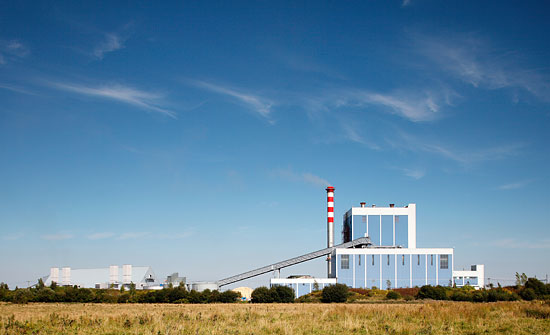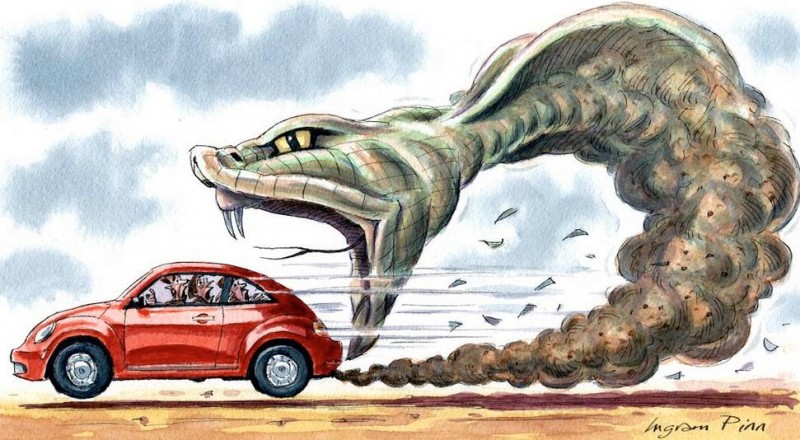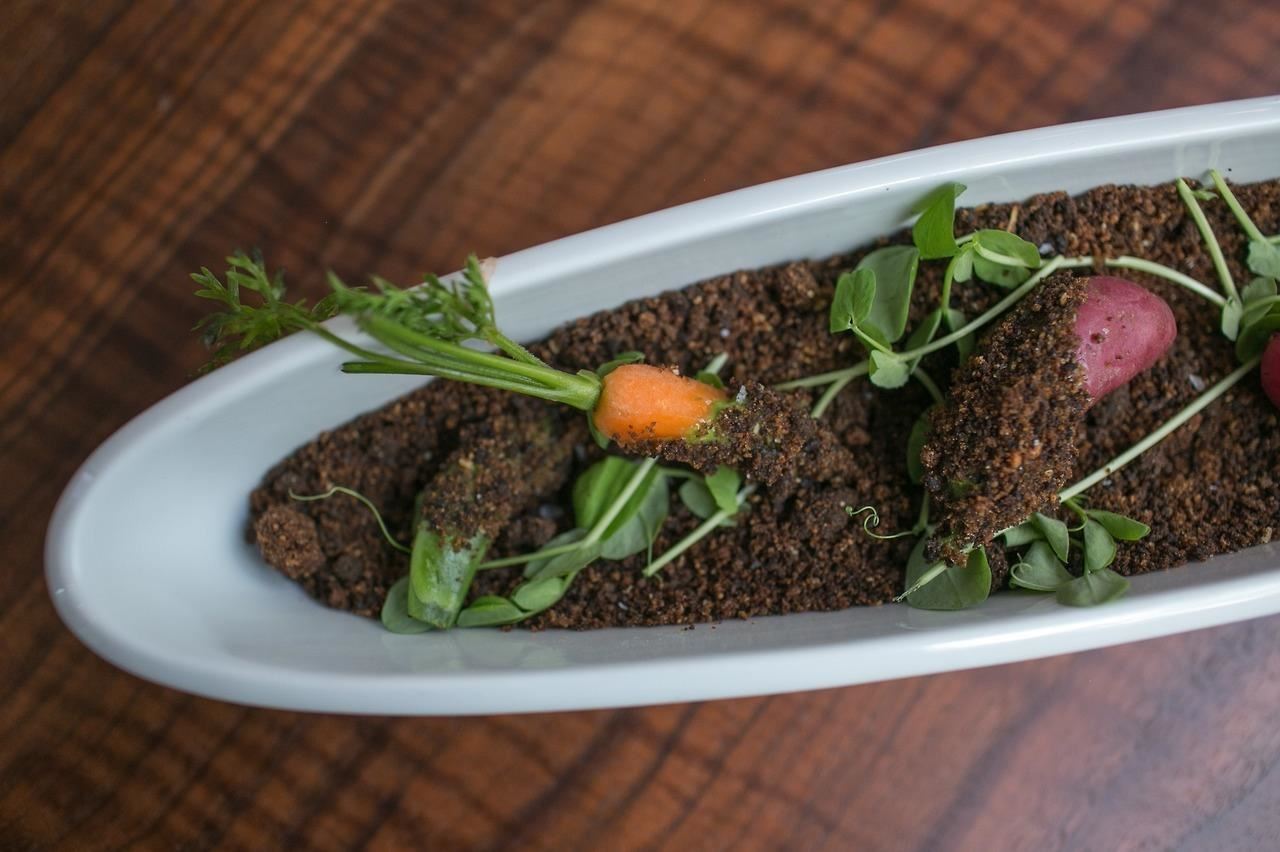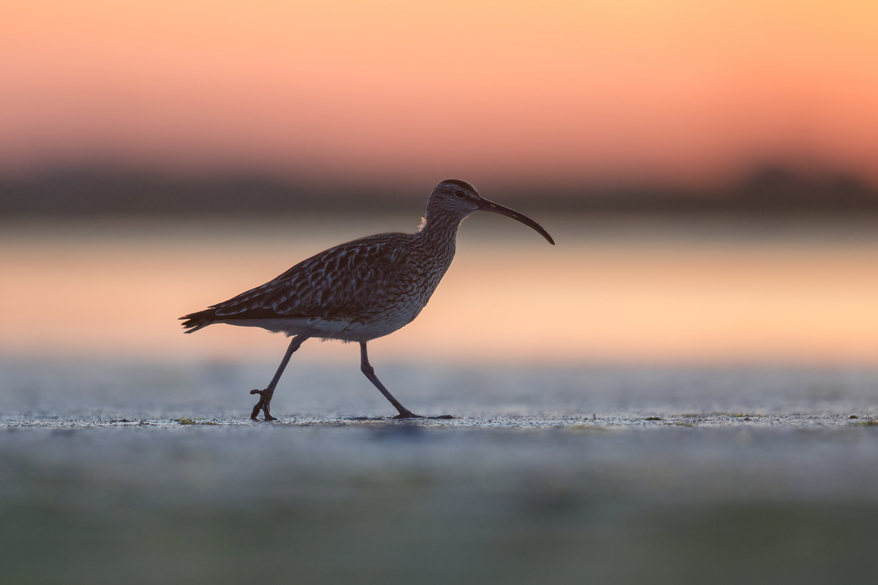Hot Air: Ireland and the Climate Crisis

November 8th, 2019
If I ever tell you that it will only take an hour to interview you, you have my permission to call me a liar to my face.
No interview recorded on location ever takes less than three hours, no matter what the producer will tell you beforehand. The light will change between the start and the finish, requiring the first part to be shot a second time.
Background silence shattering planes that you never noticed before will suddenly appear with a frequency that suggests you live at the end of a runway. Once I waited three hours for a neighbour to return to shut their dog up.
And at some point in the course of what seems like an unmerciful amount of palaver you will say to yourself: “I never realised television was so complicated”. If I had a euro for every time someone has said that to me, RTÉ wouldn’t still be staring at a €13million deficit. And the execution of the filming is the comparatively easy part.
Guessing where public debate is going to be up to a year ahead of broadcast requires Solomon like wisdom. The documentary that I have just finished making – Hot Air: Ireland and the Climate Crisis – was first discussed 11 months ago. Trying to cast forward in my mind’s eye to what would be the most valuable contribution to the climate debate by November was a bit like predicting Lotto numbers.
One thing was obvious, however. The School Strike movement had momentum, giving an emotional heart to what was previously seen by many as an abstract scientific debate. There was huge positive public sentiment behind it and it was showing no signs of abating.
But we had been here before with the one per cent movement. And before that, the anti-globalisation movement. Both surfed the growing public disquiet about whose benefit society was really being run for, but both also dissipated as they failed to translate support of the moral majority into a coherent set of implementable policies.
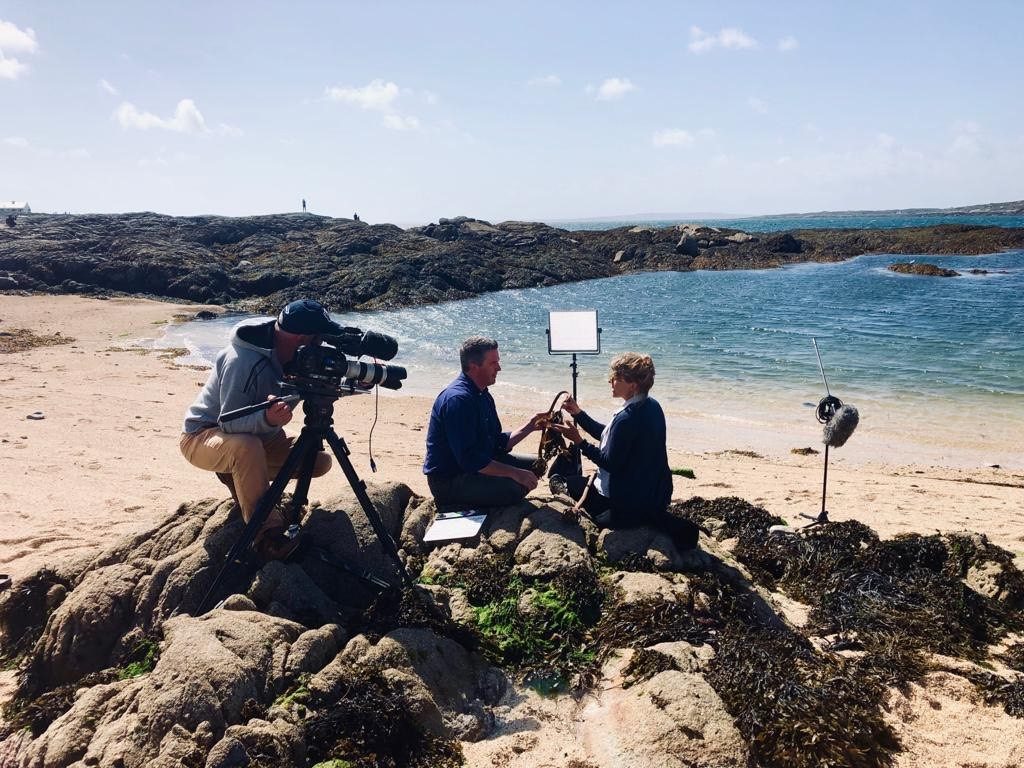
Head start for the climate movement
The climate movement has a head start in this respect. The science has dictated the broad outlines of what the policies have to be. But they are incomprehensible to the general public. Regular readers of The Green News will, no doubt, take issue with that last statement. But you have to trust me on this – you are a uniquely well-informed section of the population. The vast majority are only trotting after you.
So, by February, I had decided that what was needed was a documentary that would take that righteous, pro-Greta energy and anger and explain what the science demanded the next steps be. “You’re going to make a documentary about Irish climate policy?” asked incredulous colleagues, between barely stifled yawns, “Go, you!”
Not only, I decided, was I going to do that but I was going to populate the programme with academics, boffins, specialists and climate nerds. “Jesus, Philip. Do you not want to work in TV anymore?” the same people asked – and not without good reason.
The climate debate is meaningless to most because at its core are concepts that very few can ever hope to get their heads around. Reducing emissions by 30 per cent over 2005 levels by 2030 is an impenetrable concept to all but a few, and hardly the source material of memorable television.
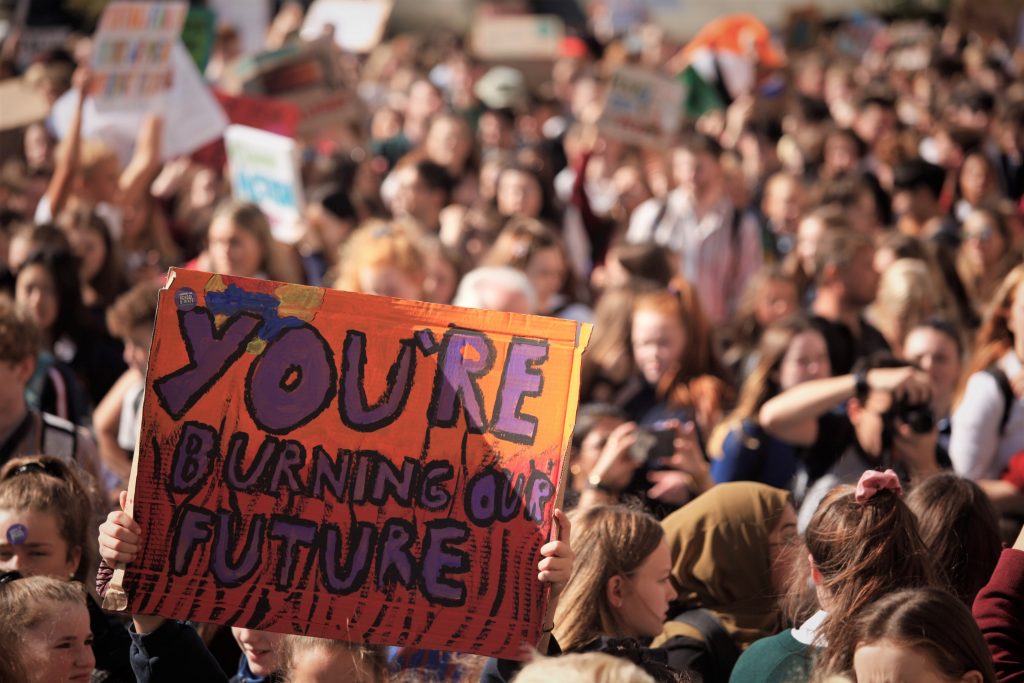
Clear and honest climate policy landscape
But what if we made a programme that did what journalism is supposed to do – turn the jargon into plain language and illustrate it with real-life examples relevant to Ireland.
Luckily for me, Professor John Sweeney had recently retired from NUI Maynooth and was willing to let me divert him away from a long list of home improvements. I peppered him with the kind of maths problems that only a leading climatologist would be able to answer.
How many cattle would we have to reduce the national herd by to reach our 2030 targets? What is that number if they are dairy cows or from the suckler herd? If you express the answer in offshore wind turbines, how many would it take to reach our Paris Agreement renewable energy goals? How many fewer car miles must we travel? How many counties in Leinster would I have to afforest to offset the cement industry? The list of questions went on….
John’s answers, as you would hope to expect of somebody careful to make sweeping generalisations, had all sorts of qualifications and caveats. But, one by one, we whittled them down until we were comfortable that we had translated climate policy – and the resources needed to implement it – into plain English.
Hopefully, the finished product is a blueprint for the general audience. A cut-out and keep guide that allows them to ask the right questions of politicians seeking re-election.
Sweeping beauty we stand to lose
The other major goal was to make a programme that would be so achingly beautiful to look at it would melt the most sceptical of hearts. Show the audience what it is that we stand to lose if we don’t galvanise ourselves into action.
For RTÉ cameraman Nick Dolan this project was a swan song that he lobbied to work on. His final project before retirement, he fulfilled the brief to the absolute maximum. Even if you are not persuaded by a word of it, you will be very pleasantly diverted by an hour of images of Ireland at its most magnificent.
No regular reader of The Green News is likely to learn much they didn’t already know watching this documentary. Indeed you may be frustrated that it does not deal with specialised areas deserving of greater attention. But indulge me, please.
It is not a programme for specialists. It is a programme for a very specific moment in time. A moment when the narrative around climate action has changed from one of personal responsibility to what should governments and corporations be doing.
Hot Air aims to inform that new narrative. Show a general audience what the Government is doing and how far short that falls of what the science says it needs to do.
Perhaps, more importantly, the documentary also tries to change another narrative around the climate crisis. It is not too late. Changes we make now will make a difference to all our futures. We can be the Greatest Generation – we just have to choose to take action.
By Philip Boucher-Hayes

Hot Air: Ireland and the Climate Crisis presented and produced by Philip Boucher-Hayes is on RTÉ One on Tuesday 12th of November at 9.30 pm as a part of RTÉ’s week-long focus on the climate crisis.
